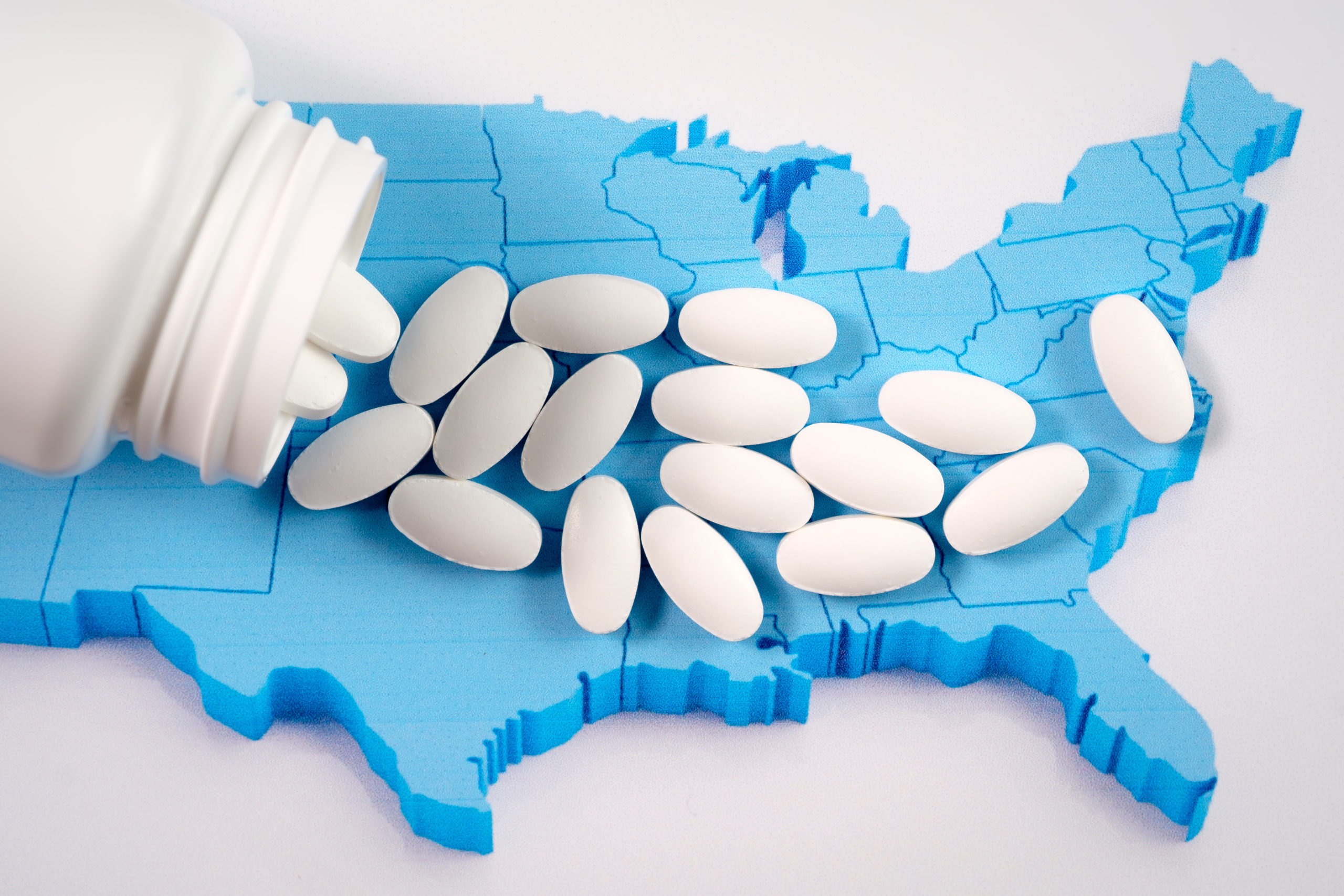Soba Recovery understands the importance of spreading awareness of the opioid epidemic in America. Today we’ll share a brief history of the opioid epidemic; how the U.S. got to this point in the first place; and what we have done to contribute to societal improvements during the epidemic.
Opioid Crisis History and Background
Opium made its first appearance in the US in 1775. During the civil war, opioids were used to treat pain caused by battle wounds. Consequently, numerous soldiers became addicted to opiates. Resulting in lawmakers passing The Harrison Narcotics Act in 1914 to prevent recreational use of opioids. In the 1970s, the stigma about addiction caused by opioids was so severe that doctors and surgeons ceased the use of narcotic agents for pain treatment. Opioids made a strong comeback in the late 1980s and early 1990’s when drug manufacturers published statements promoting the use of opiate drugs by assuring the medical community that prescription opioids did not cause patient addiction. This led to a tremendous increase in opioid prescriptions.
What’s Happening Today in the Opioid Epidemic
In 2017, the Health and Human Services declared a public health emergency to address the national opioid crisis. Here are some of the most recent statistics according to the Center of Disease Control and Prevention (CDC):
- Since 1999, more than 750,000 people have died from a drug overdose. Overdose deaths include prescription opioids, heroin, and synthetic opioids such as fentanyl.
- In 2018, 47,000 cases of opioid overdoses resulted in death, with 32% of those deaths involved prescription opioids.
- In 2018, the states with the highest rates of opioid overdose deaths were West Virginia, Delaware, Maryland, Pennsylvania, Ohio, and New Hampshire
- 2018 data also shows that 128 people in the United States died from opioid overdose every day.
This is just a brief snapshot of the big picture. Mortality rate, without any doubt, is one of the gravest consequences of the opioid epidemic in the US. However, the opioid crisis also imposes an immense effect on the general welfare of the community. Not to mention, the economic impact that it has on our society in addition to the emotional and psychological effects on the patients’ families and their loved ones.
U.S. Department of Health and Human Services (HHS) and National Institutes of Health (NIH)’s stand during the opioid epidemic:
With the goal to alleviate problems caused by the opioid epidemic and formulate solutions to improve how the U.S healthcare system should be dealing with this crisis, HHS and NIH focus their efforts into five major priorities:
- Improving access to treatment and recovery services
- Promoting use of overdose-reversing drug
- Strengthening public understanding of the epidemic through better public health surveillance
- Providing support for cutting-edge research on pain and addiction
- Advancing better practices for pain management
As the U.S. is providing efforts to alleviate the devastating damage, we at Soba Recovery provide more education for the general public and potential patients through our blog. In addition to that, a representative is available on-line 24/7 to answer any questions or concerns that potential clients and their families may have without compromising their privacy. We create a safe space for people to talk and to reach out if they are seeking treatment for themselves or for their loved ones. Our staff is expertly trained in educating and discussing treatment plans while providing realistic expectations and being emotionally supportive.
Soba Recovery Is Here to Help You
From day one, our core focus is on being caring. Here at Soba Recovery, you are not just a client, you are one of us. That is why we use a combination of different modalities to optimize your recovery treatment and provide you with the most holistic care. In addition to medication-assisted therapy, we utilize psychological counseling, acupuncture, yoga, and massage therapy.
Unfortunately, the stigma of addiction and addiction treatment still exist. Soba Recovery is here to contribute efforts to erase that stigma. We ensure a judgment-free zone for anyone who comes here to seek treatment or know someone who is dealing with addiction disorder.
Soba Recovery thrives on providing gold-standard treatment along with education. We are a Joint-Commission accredited facility with top of the line treatment modalities. Not only do we satisfy the national guidelines on substance abuse treatment, we go above and beyond to exceed the requirements. Should you have any questions or concerns, please do not hesitate to reach out to our knowledgeable staff. We are here for you!



